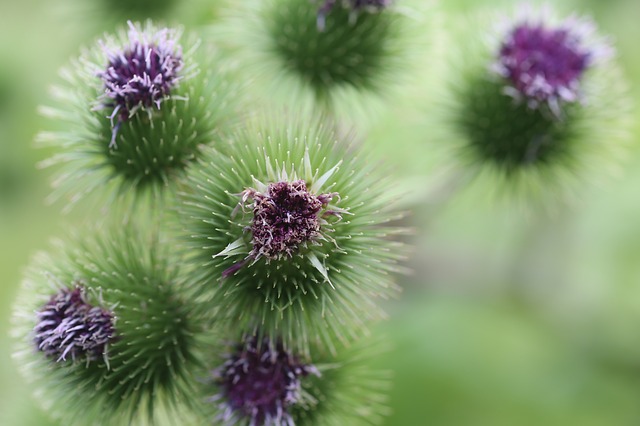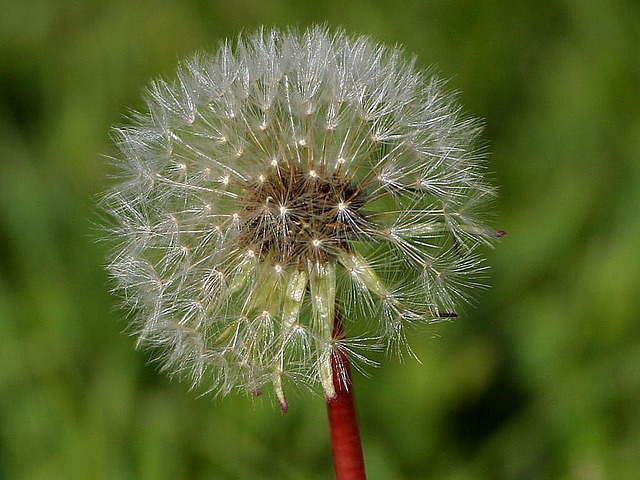We all are sick and tired of those pesky weeds popping up at this time of year and chemical killers can be expensive and harsh, so, are their alternatives?
YES! Believe it or not, here is the scoop on some natural weed killing remedies that with a little elbow grease and perseverance will do the trick NATURALLY.
Here are a few options:
- Vinegar. Not just great for salad dressing, deodorizing drains and cleaning glass! This humble household powerhouse also battles weeds. Spray regular white household vinegar directly on weeds, adding a tablespoon of dish detergent and two tablespoons of vegetable oil per gallon to help the vinegar stick. This method will work best on small, just-sprouted weeds.For established weeds, consider purchasing a stronger vinegar solution, available where garden supplies are sold.Twenty percent acetic acid vinegar solutions can either be sprayed directly on weeds or injected into the taproot with a syringe to kill weeds at the source. Keep in mind that vinegar will kill your prized plants in addition to weeds, so be very careful about where you apply, and try to avoid spraying on breezy days.
- Manual Labor. Nothing beats good old-fashioned elbow grease for stopping weed takeover, but it’s not always a fun job. A Japanese soil knife can make it easier to dislodge stubborn roots. If stooping and bending are hard on your back or knees, you can try a diamond hoe to dislodge weeds from their roots. This approach works best on young, small weeds.
- Corn Gluten. Available in granules, a fine powder or pellets, this natural byproduct of milling corn also works to keep weeds at bay. As a “pre-emergent” weed suppressant, it won’t kill established weeds or plants but will prevent new weeds from growing. Established plants and transplants with strong root systems will not be harmed by corn gluten meal, so long as you don’t over-apply.
- Commercial Organic Herbicides. Made from ingredients such as natural fatty acids and citrus acid, organic herbicides are available at garden supply stores and nurseries. Before you invest, find out what kind of weeds you’re dealing with, and read labels carefully to make sure you’re buying the right product – and applying it correctly.
- SOURCE: HGTV
To receive similar content, “Like” us on Facebook @ https://www.facebook.com/niagarabuzz.ca
Let us know what you think!











